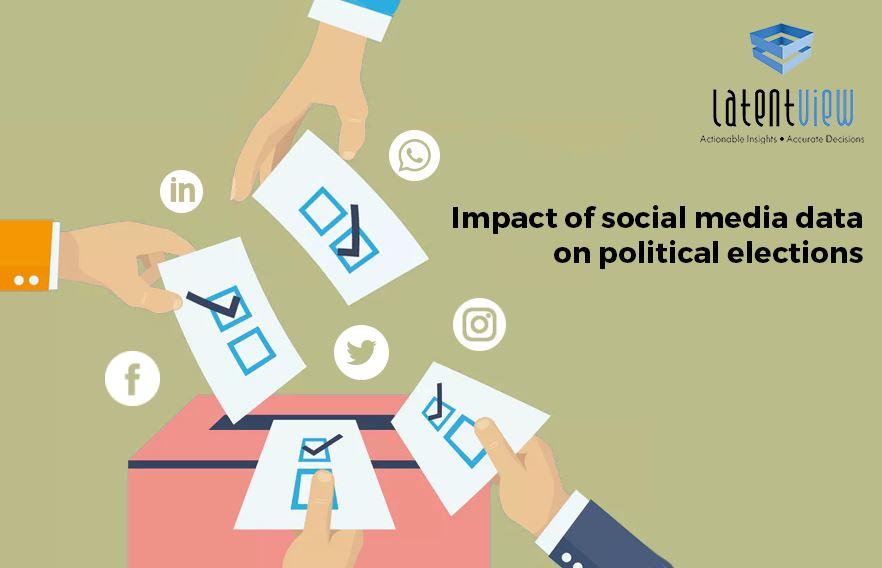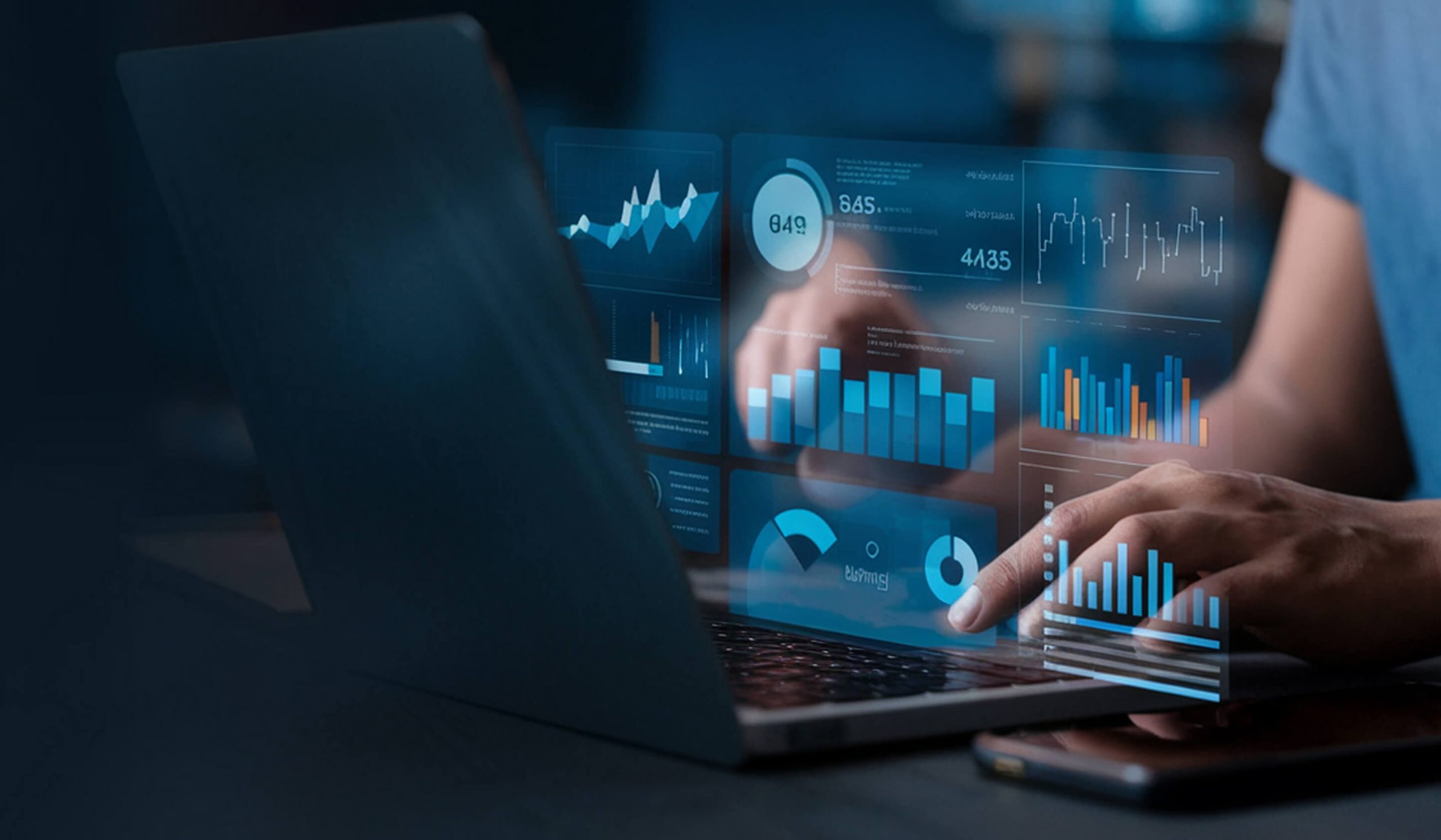In 2018, a popular social networking site came under heavy fire from US regulators after it was found that a third-party vendor had collected data of users illegally. This personal data was then used to influence the outcome of the 2016 presidential elections, indicating the crucial role that social media plays in today’s politics. As users increasingly turn to social media to voice their opinions about social issues and share news and other information with their peers, they generate immense amounts of information. If analyzed intelligently, this information can provide a wealth of data about the pulse and preferences of voters.
True, there are ethical and regulatory aspects that political parties or analysts must consider before using such information, but social media analytics can be used without committing such transgressions to understand the voters. One of the biggest advantages of using social media analytics for political elections is that politicians do not have to depend on extensive field research or spend large amounts of money to reach the voters.
In this blog, we explore the role that social media analytics plays in elections, how it can be leveraged to gain crucial insights, and some of the legal and regulatory aspects to be taken note of.
Staying relevant in the age of Social Media
Social media has witnessed a meteoric rise in the last few years. Eighty-six percent of adults use social media, according to a recent Pew Research Center survey on US social media usage. It is no surprise that nearly every business or social entity is investing big on building their presence on social media. While businesses have been quick to realize the value of social media analytics, politicos have not been far behind. Social media has played a major role in some of the biggest social and political events in the recent past – from the Arab Spring of 2011 to UK’s Brexit referendum held in in 2016. By leveraging the power of social media for politics, politicians can listen to their target audience, and also use it as a microphone to disseminate tailored messaging to their target audience.
Leveraging analytics in the electoral process
While social media analytics can unearth a gold mine in terms of information, the process can be challenging. How might it work exactly? One of the methods to accomplish this is through psychographic studies. Psychographic studies of individuals or communities can be valuable in the fields of marketing, opinion research, prediction, and social research. Data obtained from the news feed, timelines, and messages can also aid in profiling individuals based on their nature. User comments on memes, their likes, and the links they click on can supplement this profiling. This information can help in micro-targeting advertisements to narrow constituencies during the electoral campaign. Psychographic attributes can be contrasted with demographic variables (such as age and gender), behavioral variables (usage rate), and organizational descriptors or firmographic variables (such as industry, number of employees, and functional area).
Vast volumes of security-relevant information are generated each day by content creators such as journalists and bloggers worldwide. This provides real-time view of the opinions, activities, and trends of individuals and groups across the globe. This data may, for instance, allow for early detection of emerging issues and trends in populations of interest, which could be of considerable value.
Electoral campaigns are now held across multiple platforms – with digital gaining great traction. The campaigns are implemented seamlessly across platforms – both online and offline – so that voters are consistently engaged. Not all conversations and activities on social media may be relevant, but they are likely to have notable insights hidden in them as casual unstructured exchanges. These can only be analyzed through effective social media analytics. Political strategists segregate and tag people (individual or a community) based on their psychographics for better performance of their campaigns. Sponsored ads and personalized messages targeting specific community or individuals play an important role during campaigning.
Safeguarding data privacy
Using user information to influence them can prima facie be considered a breach of their privacy. However, there are certain ethical steps needed to be taken before using such information. To start off with, social media data must always be collected with the user’s consent and they must be clearly informed of the different ways this information may be used. Globally, an increasing number of countries are moving towards establishing a legal framework for social media data protection and security. From a technology perspective, organizations can use dynamic encryptions in place of standard configurations. Additionally, every time personal information is accessed or used, consent may be asked or a log should be maintained so as to secure the personal social media data.
Impact on elections in the near future
In this blog, we have tried to elaborate the importance of social media analytics in the electoral polls. While the benefits of using a data-driven approach may be obvious, there are legal and ethical issues that require greater regulatory intervention. It is quite clear that social media platforms are here to stay. Technology to both effectively generate insights and ensure the regulatory processes are followed are two of the primary concerns as social media becomes one of the primary tools of communication in the digital age.
Decoding the digitally-savvy consumer
Analytics can help deliver more deep-dive insights into the consumer decision making process and provide an understanding of the customer behavior at a more granular level. Capturing such detailed information at this level has been possible due to the digital transformation in the past few years which was not possible before. LatentView Analytics helps you gain an advantage when it comes to the customer insights. To know more about LatentView’s end-to-end custom analytics solutions, please write into: marketing@latentview.com



